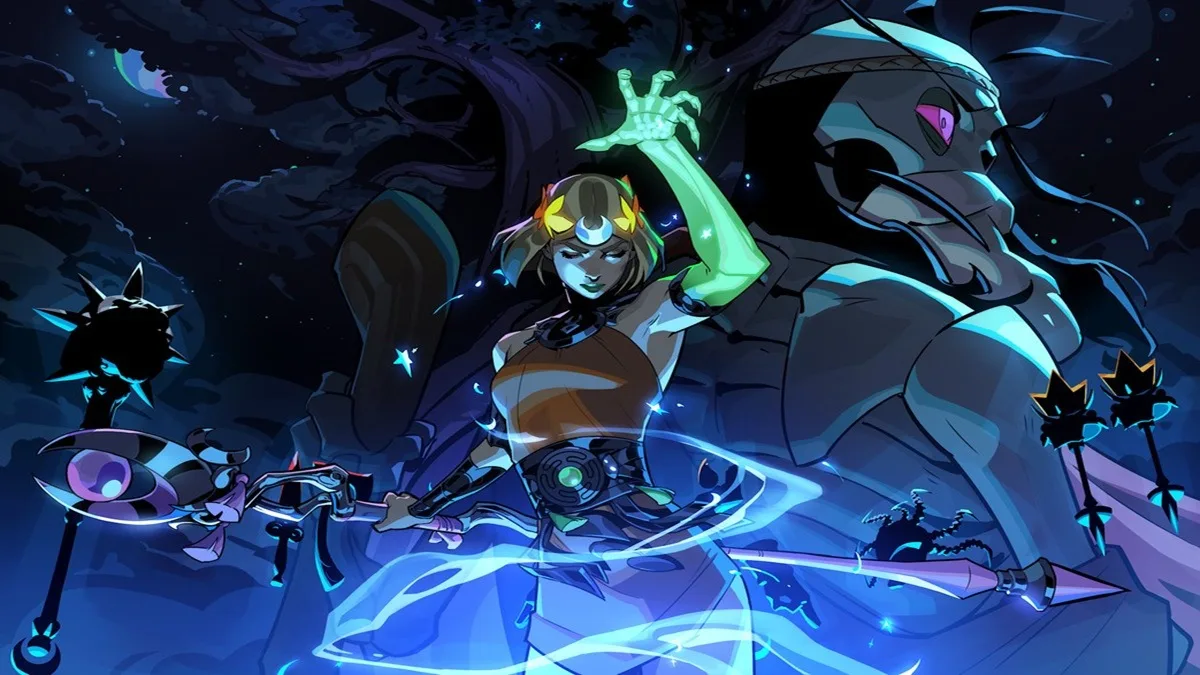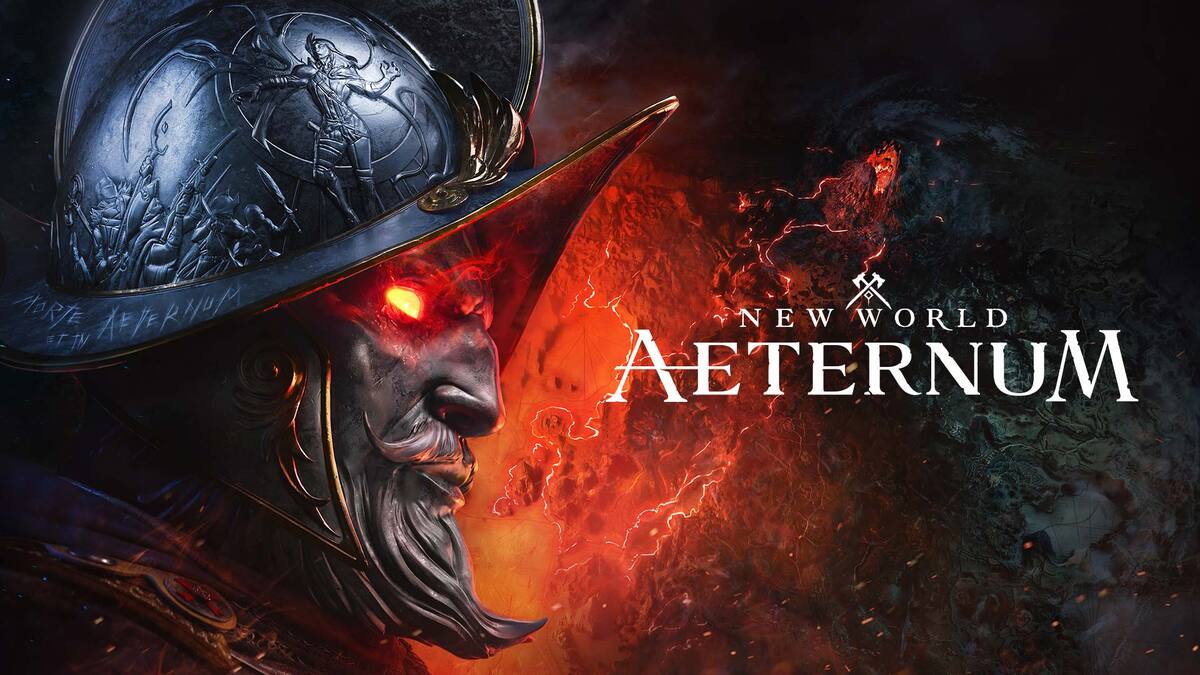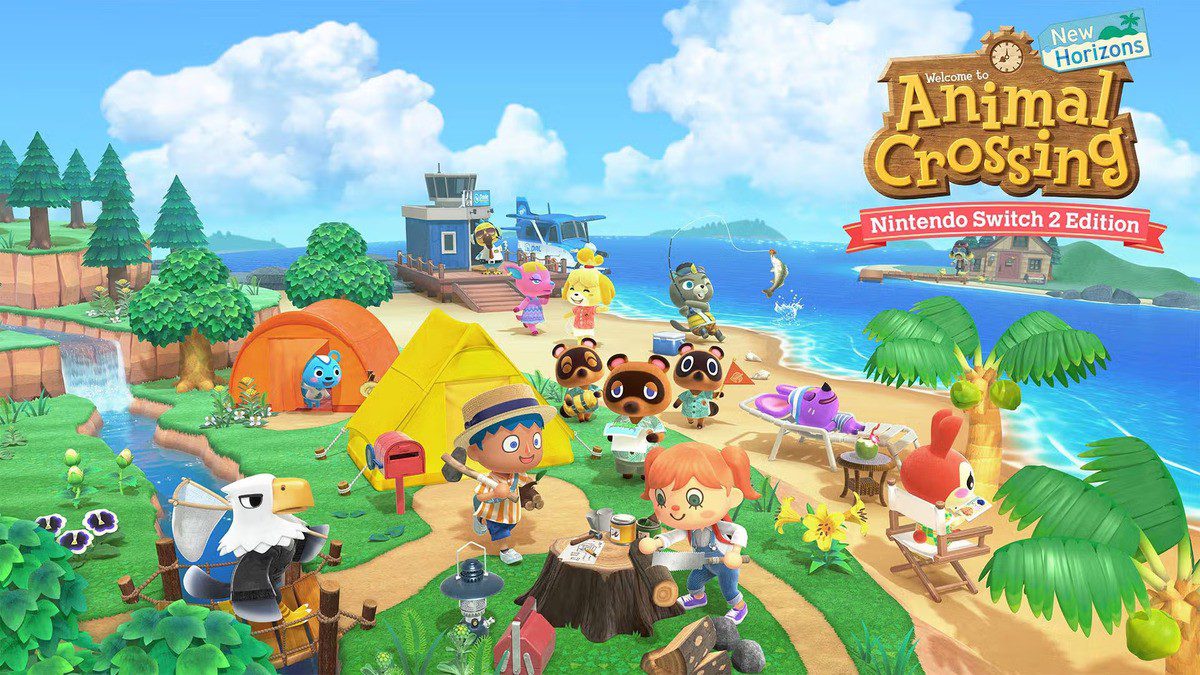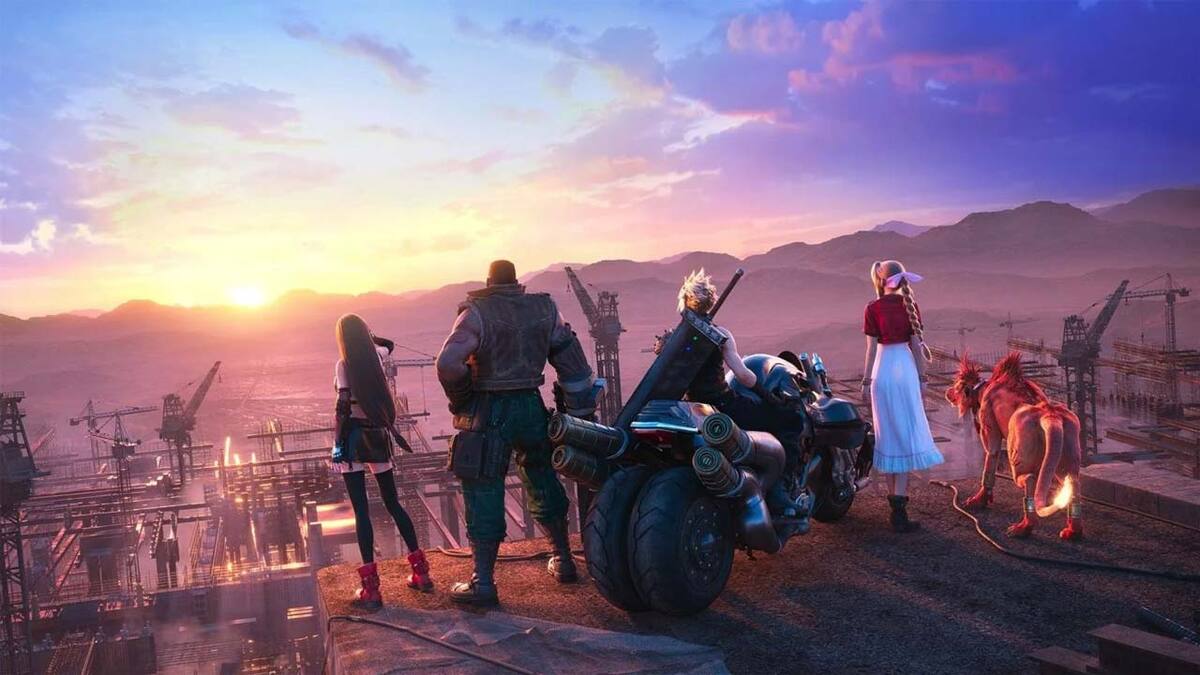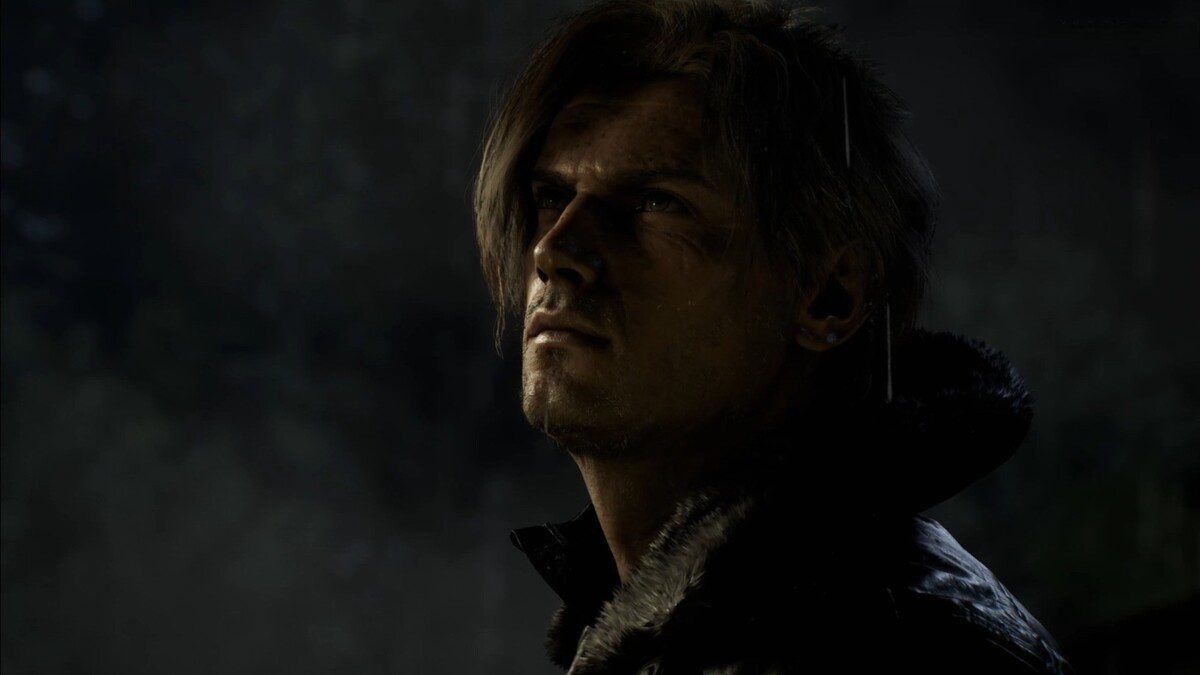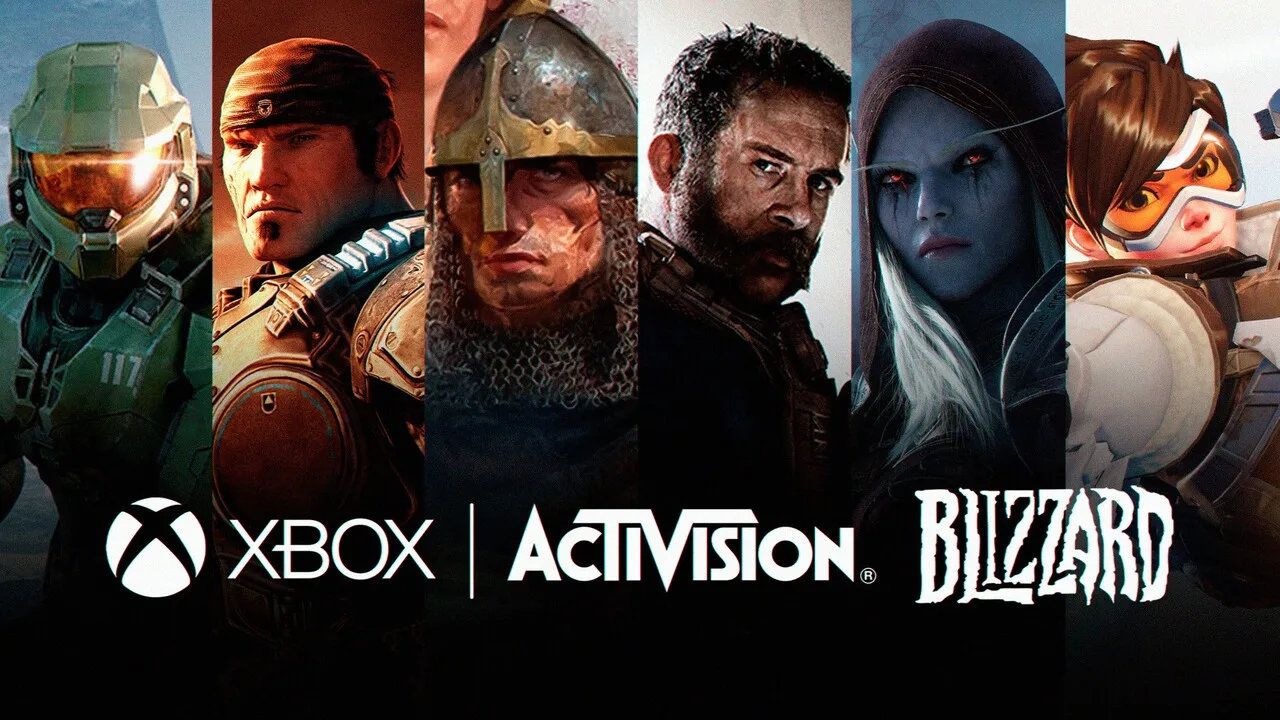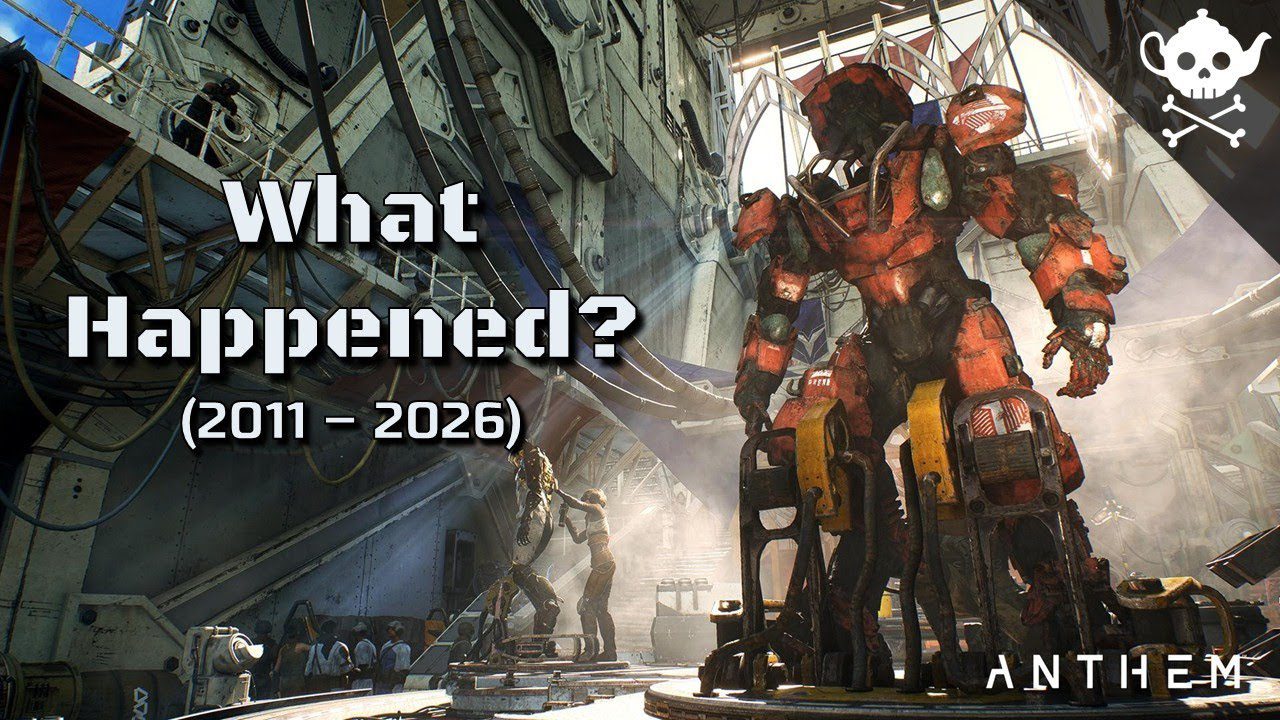Supergiant Games is a studio that has managed to hit a home run with every title it develops. In 2020, it shocked the world by taking a divisive genre like the roguelike and transforming it into a phenomenon that the entire industry now seeks to replicate. Five years later, Hades II arrives as a sequel that aims to raise the genre to a new standard.
To understand the impact of this release, we must revisit the concept of the first game: roguelikes are built around a system of room-based combat where defeating enemies rewards you with temporary powers or resources that strengthen your character until you face a boss. If you die, you lose almost everything and must start from the beginning, keeping only permanent resources used to unlock abilities or weapons. This creates a cycle of repetition which, while limited in content, becomes addictively engaging.
The original Hades revolutionized this formula by weaving in a compelling narrative and granting abilities that had a tangible impact on every run. Now, Hades II takes this idea to the next level. Temporary powers are more varied and spectacular, while the new protagonist, Melinoë daughter of Hades and Persephone, and sister to Zagreus specializes in ranged combat, hurling all kinds of projectiles. One of the most interesting new mechanics allows her to create a circle that freezes enemies trapped inside, opening the door to deeper strategies.
Permanent abilities also encourage repeated playthroughs, as they create a noticeable evolution in your character’s progression. On top of that, this sequel doubles the size of the original by offering two main narrative arcs: rescuing Melinoë’s family, who have been imprisoned by Cronos the Titan of Time, who has returned to declare war on Olympus, and climbing Mount Olympus itself to aid the gods against even greater threats. With the help of Hecate and her witchcraft, Melinoë becomes the only one capable of facing Cronos’s power.
Visually, Hades II is flawless. The animation is fluid, the vibrant colors give each biome its own unique identity, and the designs of the gods shine through majestic reinterpretations. The music also deserves praise: it builds with frantic intensity during combat and softens into Greek-inspired melodies during narrative moments.
What’s most impressive is that, despite the limitations of the genre, the game never feels tedious. Each death becomes an opportunity, as characters deliver new lines of dialogue that enrich the narrative, enhancing the value of the experience.
In conclusion, Hades II perfects the roguelike formula without betraying its core essence. Its story, protagonist, and mechanics elevate the experience to a level rarely seen in the genre, ensuring that even skeptics will be drawn into its spell.
Final Score: 5/5

